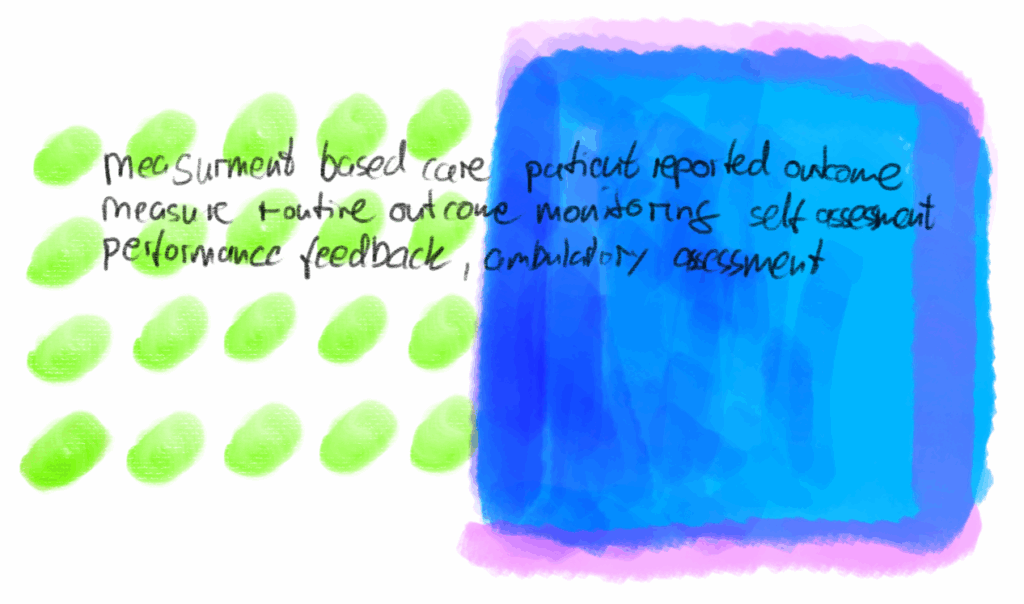
How do we improve mental health care around the world, especially in low-income countries?
An underutilised, well-researched, low-cost and high-impact approach could be measurement-based care (MBC) OR patient-reported outcome measures (PROM), routine outcome monitoring (ROM), performance feedback, the list goes on. As stated in the article, semantics is one of the big issues that complicates funding, research and marketing.
I’ve always been drawn to problems that don’t yet have a proper name. This one is broad in application, deceptively simple in concept, and has 1000 names.
We as vacay GmbH were lucky to stumble into this field almost 15 years ago and have been among the first doing it digitally. Now, 15 years later, we are among the first ones doing it at scale with over 30.000 patients having done weekly, sometimes daily assessments using our software platform 𝘴𝘵𝘢𝘵𝘶𝘴.
We are still at the beginning and there’s a long road ahead. But it’s encouraging to see this approach gaining global recognition.
